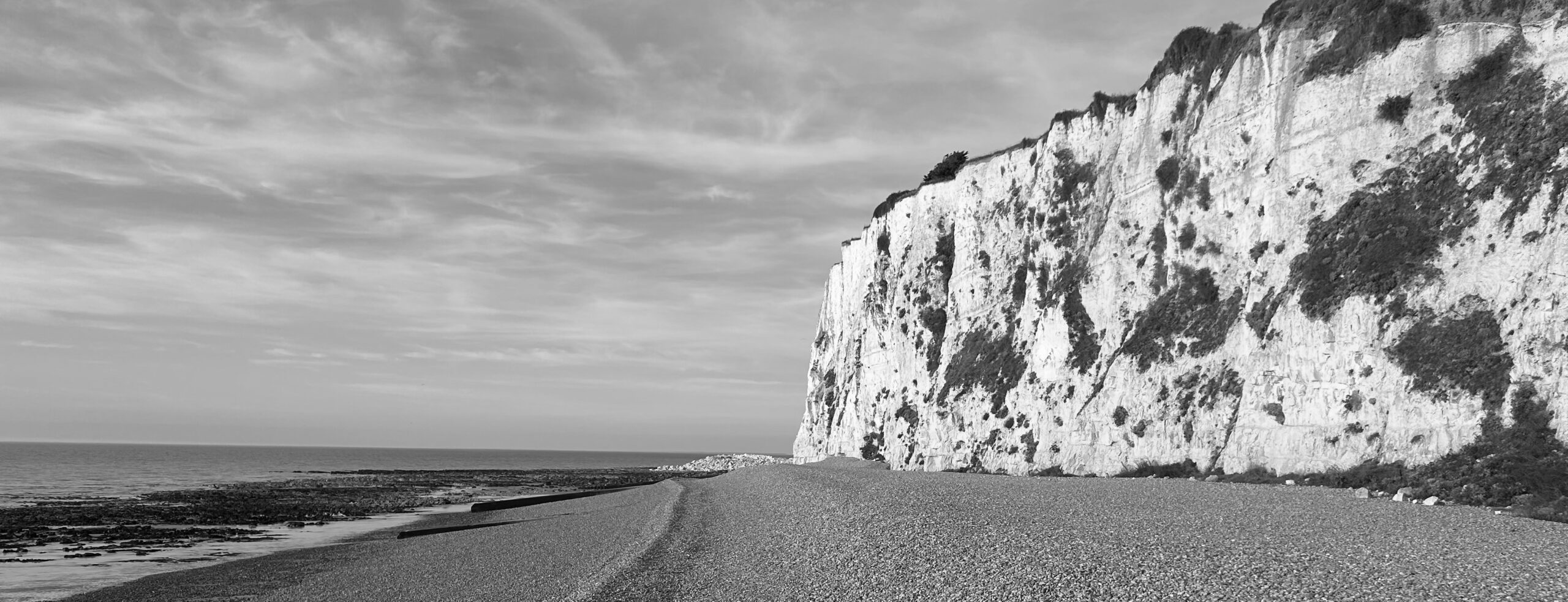From Conservation of Natural Heritage to Future Society
Science for a Sustainable Development
We use cookies to help you navigate efficiently and perform certain functions. You will find detailed information about all cookies under each consent category below.
The cookies that are categorized as "Necessary" are stored on your browser as they are essential for enabling the basic functionalities of the site. ...
Necessary cookies are required to enable the basic features of this site, such as providing secure log-in or adjusting your consent preferences. These cookies do not store any personally identifiable data.
Functional cookies help perform certain functionalities like sharing the content of the website on social media platforms, collecting feedback, and other third-party features.
Analytical cookies are used to understand how visitors interact with the website. These cookies help provide information on metrics such as the number of visitors, bounce rate, traffic source, etc.
Performance cookies are used to understand and analyze the key performance indexes of the website which helps in delivering a better user experience for the visitors.
Advertisement cookies are used to provide visitors with customized advertisements based on the pages you visited previously and to analyze the effectiveness of the ad campaigns.

Science for a Sustainable Development
The Hauts-de-France region has a rich and diverse geological heritage, both in terms of the type and age of the rocks constituting its underground and in terms of inherited landscapes. In line with the concept defined by UNESCO, this bootcamp proposes to explore a holistic approach to regional geological heritage and its conservation, considering geodiversity as a substrate for biodiversity (ecosystems); natural and cultural landscapes (urban, agricultural, mining); urban, industrial and cultural heritage (link between natural heritage and society; ethical use of ground resources (geoethics). Two key territories of the region illustrating different natural heritage contexts will be considered as training case studies: the coal-mining area (UNESCO World Heritage) and the nature reserve of the Opal Coast (preparing an application to UNESCO Geopark in collaboration with the AONB Kent Downs, England). In addition, cultural and scientific excursions to the city of Lille and its Metropole will illustrate the concept of urban geoheritage.
A consistent succession of Lectures (L), Group work & debate/mini projects (G), Excursions & field trips/workshops (E) and Cultural activities (C) will ensure an effective and interactive pedagogy.
Gain a richer perspective on the Hauts-de-France region!
The Hauts-de-France region is typified by its maritime and Flemish borders, agrarian economy, ancient trade fairs tradition, former textile and mine industries steeped in the Catholic values of its captains and vivid memory of wounds inflicted by two world wars. France’s youngest region is now renowned for its competitiveness, dynamic cultural and social life, and a unique mix of Flemish cheerfulness and French elegance.